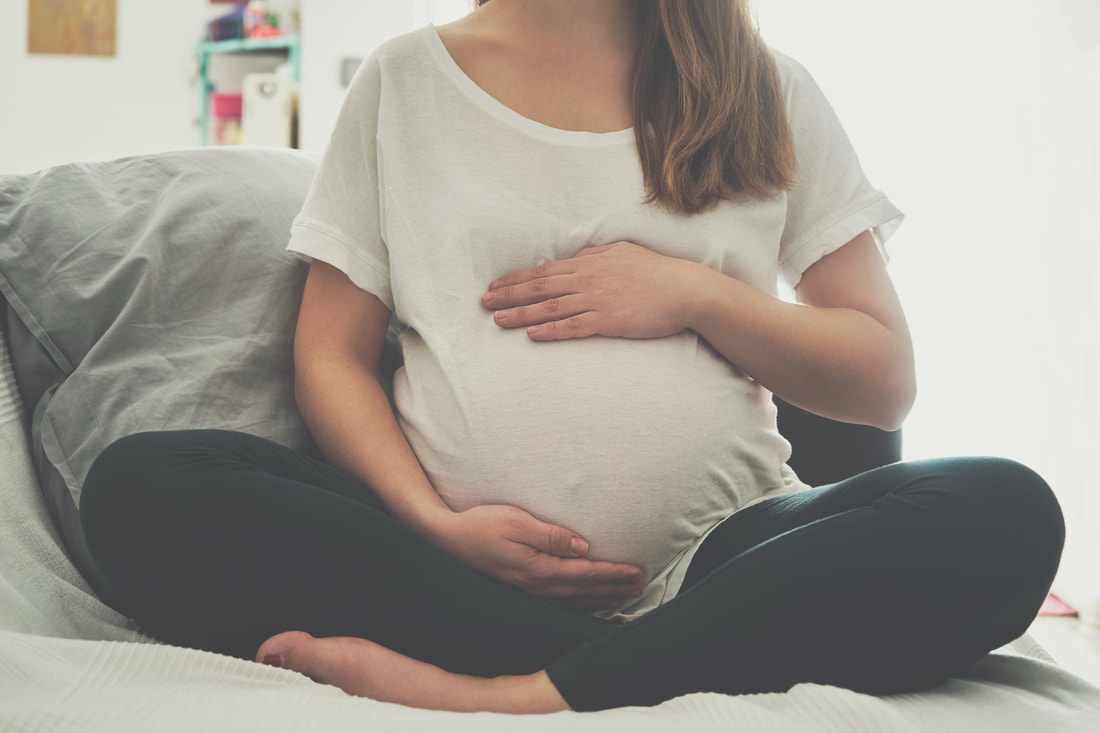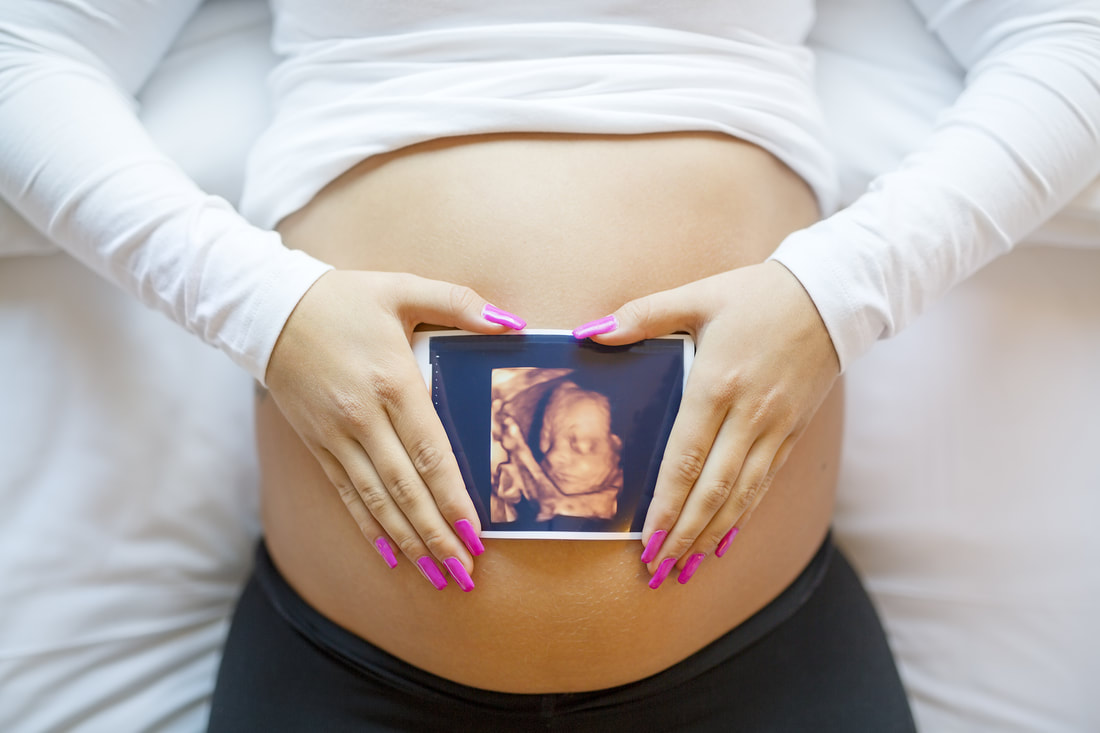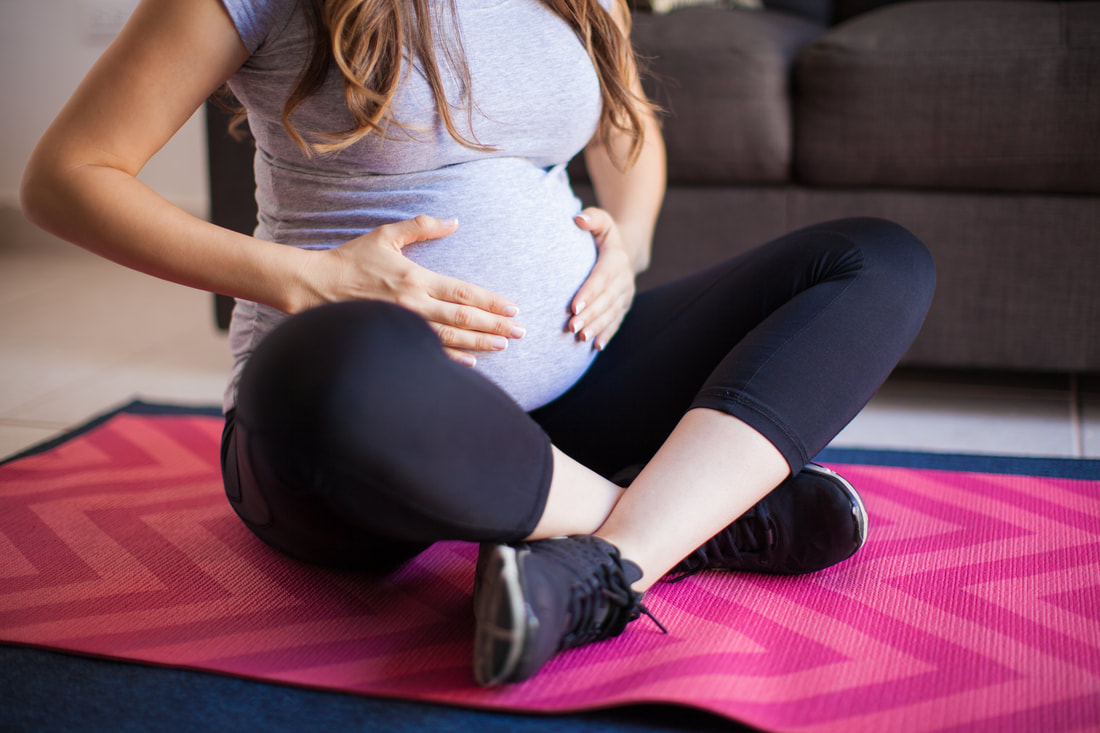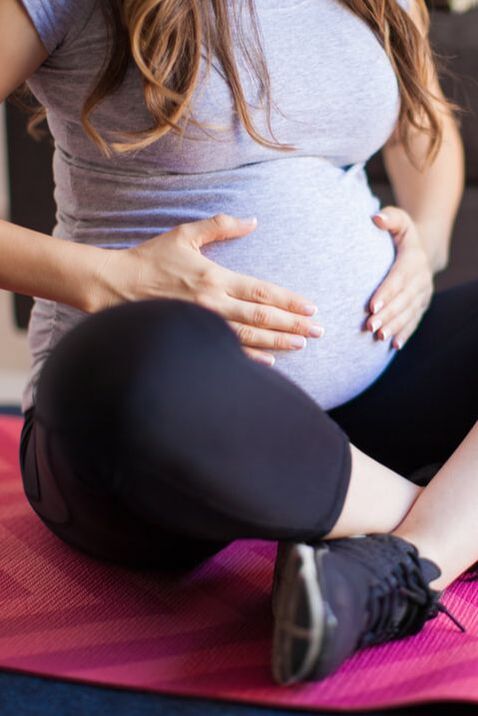Tests Explained
A range of tests is available if you are pregnant. These tests can confirm your pregnancy and also monitor your baby’s development in the womb. No medical test is ever 100 per cent accurate, but most pregnancy tests are very reliable.
Regular check-ups with your doctor or midwife are an important part of pregnancy care, including information and advice about what tests you and your baby will need.
Regular check-ups with your doctor or midwife are an important part of pregnancy care, including information and advice about what tests you and your baby will need.
|
PREGNANCY TEST
|
If you think you could be pregnant, you can see your GP for a pregnancy test. The doctor may test to see if you are pregnant by ordering a blood test or organising a urine sample test. Alternatively you could purchase a home pregnancy test from a supermarket or chemist. A pregnancy test will usually check a women's blood or urine for the presence of a substance called human chorionic gonadotropin (hCG). This a hormone made by the placenta. When hCG is present, it usually indicates that the women is pregnant.
|
|
SCREENING BLOOD TEST
|
A screening blood test is regularly requested at the beginning of a pregnancy to test for common immunity to diseases that could affect an unborn child and also to get a picture of the mother's overall well being. This test may also look at your blood type and Rh factor and your iron levels.
|
|
NUCHAL TRANSLUCENCY
|
The NT test is a simple, straightforward and non-invasive test undertaken at 11-13 weeks in pregnancy. It combines maternal age with high-resolution ultrasound assessment of fetal nuchal translucency (NT) and the levels of two proteins (free-BhCG and PAPP-A) in a pregnant woman’s blood. Normal fetuses accumulate fluid under the skin behind the head and neck between 9 and 14 weeks of pregnancy. If there is excess fluid it has been associated with chromosome abnormalities such as Down syndrome. A simple ultrasound performed between 11 and 13 weeks can measure this fluid (Nuchal Translucency). The gestational age of the fetus can be established by measuring from head to bottom – crown rump length ( CRL ). The NT tends to be larger in a fetus affected by a chromosome abnormality and it can be compared with what is expected for a fetus of the same size.
|
|
NIPT
|
Non-invasive prenatal testing (NIPT) is also known as 'cell-free DNA screening'. It looks at the baby’s cell-free DNA circulating in the mother’s blood to screen for genetic conditions such as Down syndrome, Edwards syndrome and trisomy 13. This test can be done at any time from 10 weeks gestation. It is more accurate than combined first trimester screening, or second trimester MSS screening, but it is also more expensive.
|
|
MORPHOLOGY ULTRASOUND
|
The morphology ultrasound performed between weeks 18 and 20 is used to check the development of fetal structures such as the spine, limbs, brain and internal organs. The size and location of the placenta is also checked. The baby’s sex can be established, if the parents wish to know.
|
|
GLUCOSE BLOOD TEST
|
The GTT test is required to investigate gestational diabetes and is performed in week 34. Some women develop temporary diabetes during pregnancy. Patients will be given an oral glucose drink, they will wait for 1 hour and then a blood test will be taken. This is a fasting test. Results are usually available at your next appointment.
|
|
GBS SWAB
|
Vaginal swabs may be collected from pregnant women to determine if the GBS bacteria are present. If the bacteria are found in a pregnant woman, intravenous antibiotics are given during the labour. Women are able to collect this swab in the privacy of their own home.
|
|
GROWTH ULTRASOUND
|
Ultrasounds are performed throughout your pregnancy to check that your baby is developing well. An ultrasound during the third trimester of pregnancy is usually to assess: the position of the baby, the size of the baby, the amount of fluid surrounding the baby, if there is placental resistance to blood flow and the baby’s current state of health. Ultrasounds do not give a complete picture, however they do provide good information and are painless and safe.
|
|
MOTHER SAFE
|
Who Is Mothersafe?Mothersafe is a division of the Royal Hospital for Women providing evidence base information for women during pregnancy and lactation. Access Mothersafe for information about medications, advice on pregnancy and pregnancy factsheets.
|
Concerns During Pregnancy
Pregnancy related issues can be concerning and we are happy to receive your call for any questions you may have. Our office hours are Monday to Thursday, 9am-5pm and Friday 9am-4pm. For out of hours please see below.
|
WHERE TO GET HELP
|
|
|
CONTACT DR HOLLAND
|
It is recommended that you contact Dr Holland or your Hospital if you are worried, or if you have any of the following:
|
Embrace BirthingChildbirth and parenting education - Karen Scanlen Midwife
Specialising in: Childbirth and pareting education. Antenatal and postnatal classes. Caesarean birth preparation. Hypnobirthing programs. Birth Debrief. Doula Service. Birth BeatAt Birth Beat we provide two services; child birthing classes as well as baby/ child first aid classes. We deliver our services through both online and face-to-face classes. Therefore, you can choose the option best suited to your lifestyle.
You can do your birthing class online through the Ultimate Online Prenatal Program. Similarly, you can do your baby/ child first aid course online through the Premium Online Baby & Child First Aid Program. Our comprehensive online programs are accessible 24/7. As a result, you can learn from the comfort of your own home, whenever is convenient for you. Hospital ToursMaternity and Birth Suite tours are held at Newcastle Private Hospital and run on the 1st and 3rd Saturday of each month, at 2pm. To secure your spot please click on the button below.
|
Nutrition
Even before pregnancy begins, nutrition is a primary factor in the health of mother and baby. A well-balanced diet before conception contributes to a healthy pregnancy and will probably need few changes. One of the most important things a woman can do to ensure a healthy pregnancy for herself and her baby is to eat a well-balanced diet. Good nutrition during pregnancy is essential to creating an environment that allows the baby to grow and flourish.
When you are pregnant, your baby grows inside you. Everything you eat and drink while you are pregnant affects your baby. Healthcare officials have issued a new advisory on the dangers of eating fish. Healthcare officials are concerned that the level of mercury in fish might pose certain risks to a developing fetus.
Food can be contaminated with a bacteria called Listeria. Learn to protect your food against this common bacteria.
The average recommended weight gain during pregnancy is 11kg to 15kg. There is no need to eat more food during pregnancy. It is recommended that for the first trimester, a woman’s energy (kilojoule, kJ) intake should remain about the same as it was prior to the pregnancy. During the second and third trimesters, energy requirements should increase by about 600 kJ a day. Increasing fruit intake to four serves each day (from the recommended two serves for non-pregnant women) will provide all the extra energy needed.
When you are pregnant, your baby grows inside you. Everything you eat and drink while you are pregnant affects your baby. Healthcare officials have issued a new advisory on the dangers of eating fish. Healthcare officials are concerned that the level of mercury in fish might pose certain risks to a developing fetus.
Food can be contaminated with a bacteria called Listeria. Learn to protect your food against this common bacteria.
The average recommended weight gain during pregnancy is 11kg to 15kg. There is no need to eat more food during pregnancy. It is recommended that for the first trimester, a woman’s energy (kilojoule, kJ) intake should remain about the same as it was prior to the pregnancy. During the second and third trimesters, energy requirements should increase by about 600 kJ a day. Increasing fruit intake to four serves each day (from the recommended two serves for non-pregnant women) will provide all the extra energy needed.
Services |
Company |
|





